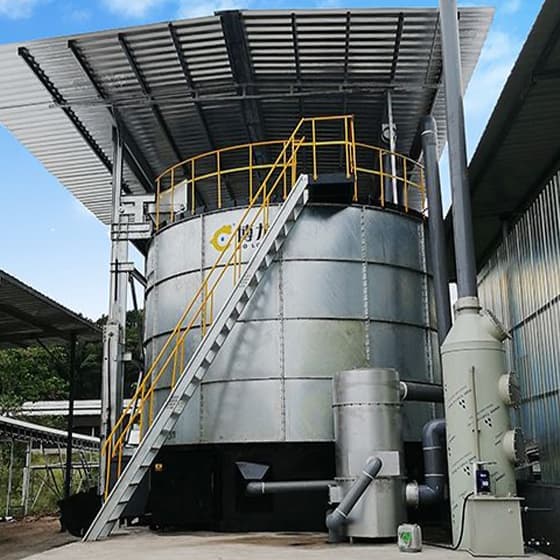Introduction: The circular economy emphasizes resource efficiency and waste reduction. Livestock fermentation tanks align with circular economy principles by converting waste into valuable resources. This article explores their role in the circular economy in agriculture.

Waste-to-Resource Conversion: Fermentation tanks transform manure into compost, converting waste into a valuable resource. This supports the circular economy goal of resource efficiency and waste reduction.
Nutrient Recycling: The compost produced recycles nutrients back into the soil, reducing the need for synthetic fertilizers. This promotes sustainable nutrient management and supports soil health.
Economic Value: Fermentation tanks create economic value by producing compost that can be sold or used on the farm. This aligns with circular economy principles of maximizing resource value and minimizing waste.
Case Study: A mixed livestock and crop farm implemented fermentation tanks. The farm reduced waste, recycled nutrients, and generated additional income by selling compost, contributing to a circular economy.

Conclusion: Livestock fermentation tanks support the circular economy in agriculture by converting waste into resources, recycling nutrients, and creating economic value. These benefits enhance sustainability and resource efficiency.